Songwriter Ownership Guide: Protect Your Music & Get Paid
Your songs are valuable assets.
The Ownership pillar helps you protect your music, register your works,
and collect royalties so you’re recognized and paid for your creativity.

Why Songwriters
Need Ownership
Ownership is empowerment.
When you claim your rights as a songwriter and artist, you’re not just checking boxes—you’re giving your music a voice that carries beyond the page or the stage.
Every song has two hearts: the one you wrote (the composition) and the one you recorded (the master). When you understand and protect both, you turn your creativity into lasting value, and your self-expression into opportunity.
This pillar is about more than paperwork—it’s about confidence, clarity, and standing tall when the spotlight finds you.
Because when you know your worth, your songs can shine even brighter.
Being ready is as simple as a little bit of knowledge. And besides – it’s your money even if it is a dime!

The music industry is the
ari herstand
most confusing industry
on the planet.
The Two Key Songwriter Rights
Sync has a negotiated up-front fee with a Master Fee paid to the artist and label and a Composition Fee paid to the songwriter and publisher based on agreed-upon splits . Both fees are paid based on who the owner and rights holder is. If you’re an independent artist, wrote the song and own the master recording – then everything would pay out to you!
Composition Rights
Covers lyrics and melody — the song itself.
Owners and rights holders are songwriters and publishing companies.
Two types of royalties paid: Performance & Mechanical
Performance royalties managed through Performance Rights Organizations (PROs): ASCAP, BMI.
Mechanical royalties managed through The MLC.
Sound Recording Rights
Covers the actual recorded performance.
Owners and rights holders for the master recordings are artists and record labels.
Two types of royalties paid: Performance & Mechanical
Digital performance royalties managed through SoundExchange.
Mechanical royalties managed through your Distributor.
How Do Splits Work?
2 Paths To Royalties
How to Register
Your Songs Correctly
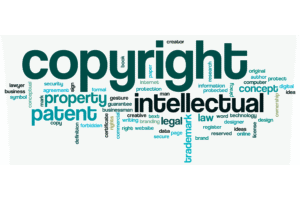
Ready to Release Your Songs?
Once your rights are protected, it’s time to bring your music to life.
Learn how to record and share in the Pulse Guide.
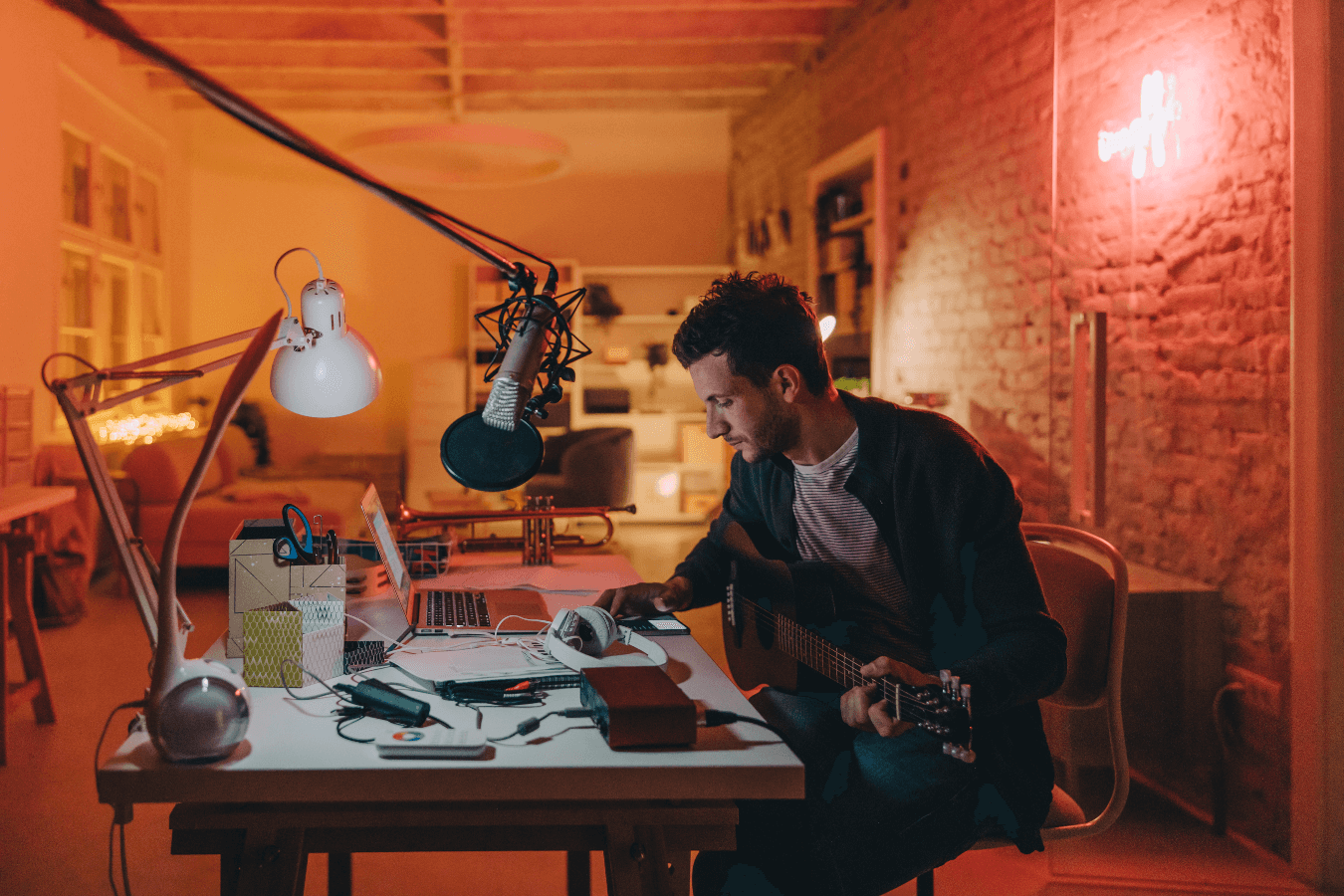
Songwriter Royalties Checklist
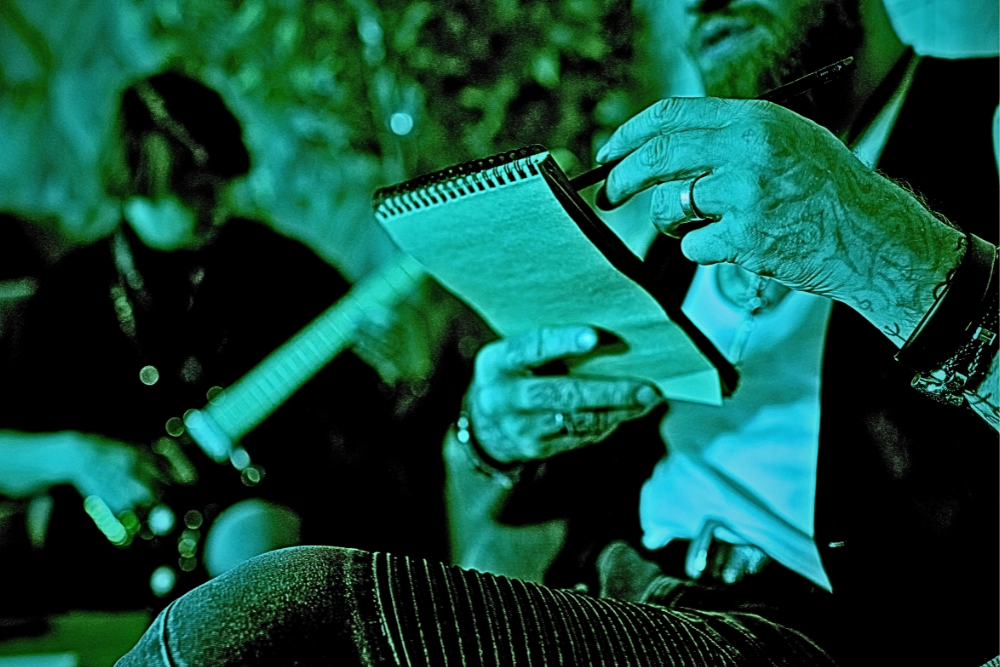
Songwriter Split Sheet
Template
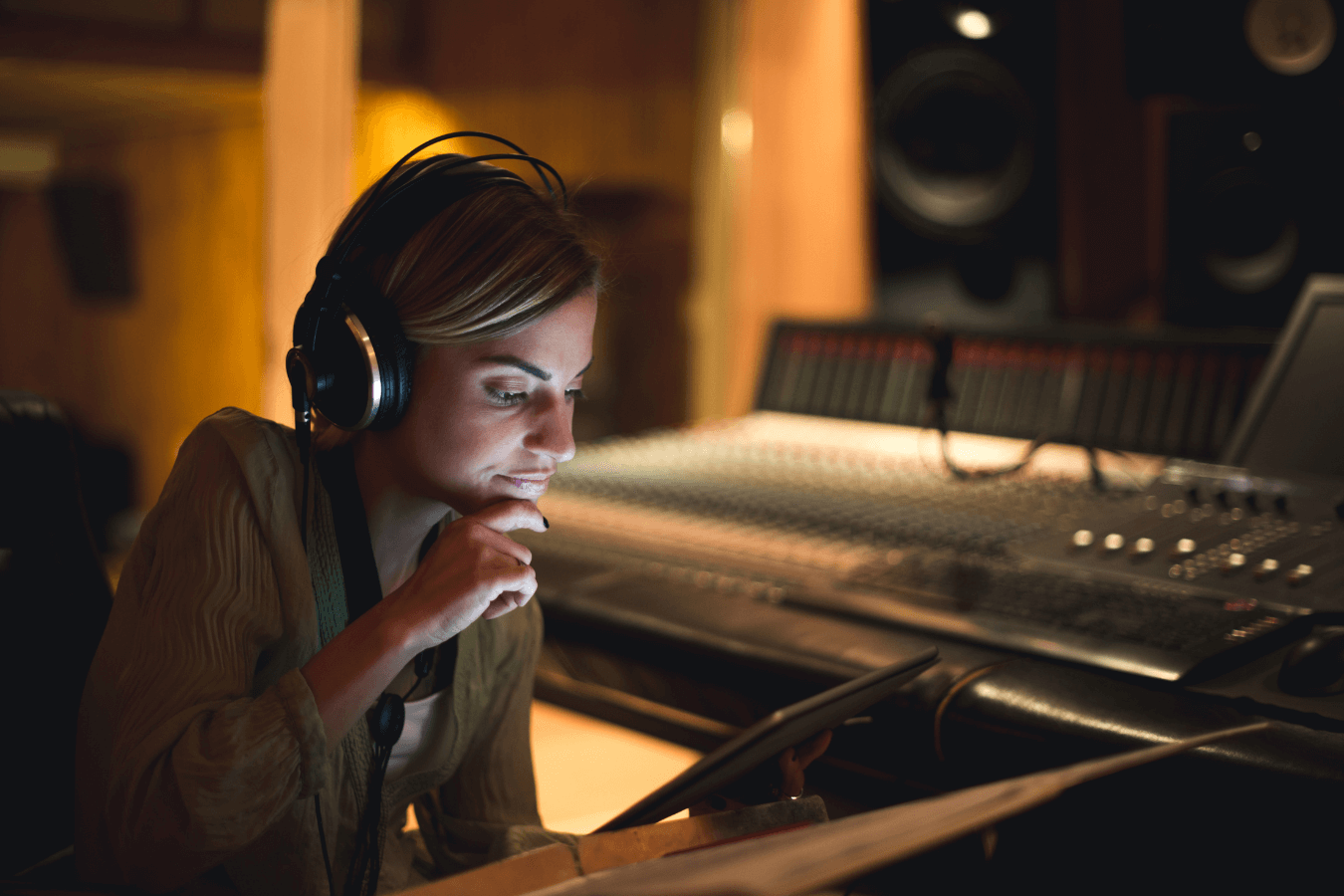
Copyright
Guide
Ownership & Royalties Articles
-
Dolly Parton’s “Jolene”
Dolly Parton’s “Jolene” was based on a young girl who approached her early on in her career. She had red hair,…
-
Case Study: HAVEN.’s “I Run”
When AI Suspicion Derails a Breakout Hit In October 2025, a dance/EDM track called “I Run” by HAVEN. exploded on…
-
ISRC vs UPC Codes
If you’re releasing music, understanding ISRC codes (International Standard Recording Codes) and UPC codes (Universal Product Codes) is essential. Understanding…
-
Object Writing: Songwriting Exercise
An object writing exercise is one of the easiest ways to keep song ideas flowing and find new ideas. Inspiration…
Ownership FAQs for Songwriters
Your Song’s Message Needs To Be Heard
Capture your message in sound and share it so it can inspire change and transformation in others.
Your message needs to be heard
Writing songs shouldn’t be a dream – it should be a destination.
Our monthly emails will inspire, guide and help you through every step of the journey.
